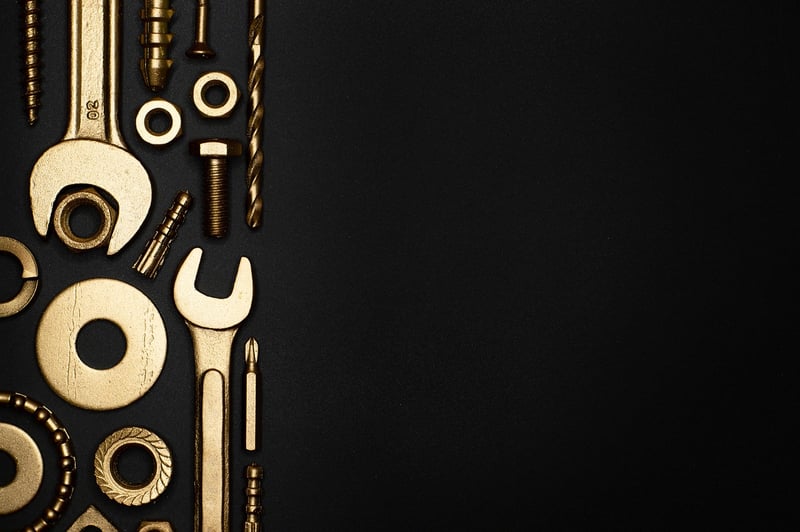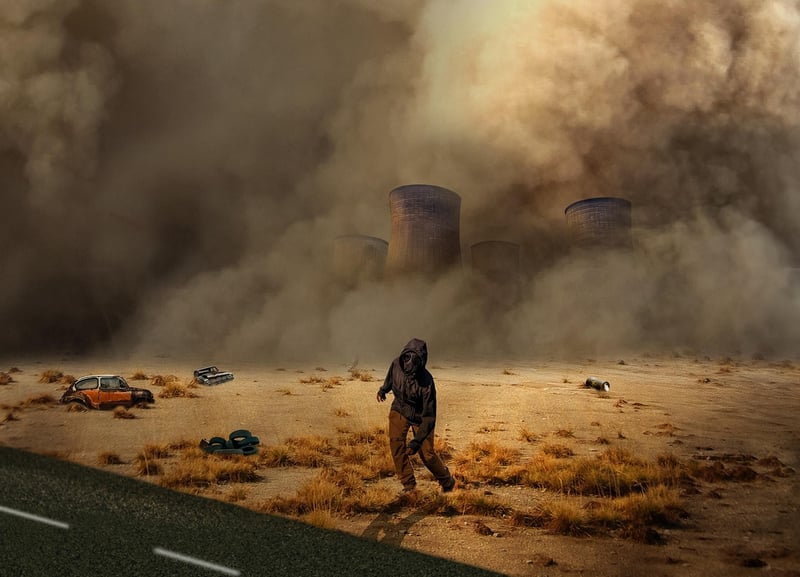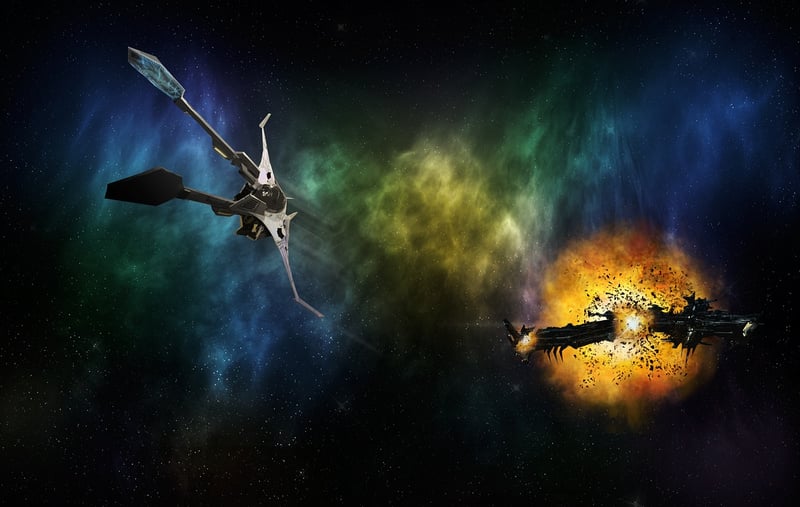Future Dystopia
Exploring Time Periods: From Ancient Civilizations to Future Dystopia
Time is a fascinating concept that has shaped the world we live in today. From the ancient civilizations that laid the foundation for modern society to the speculative futures portrayed in dystopian literature, each time period has its own unique characteristics and influences. Let's embark on a journey through time, exploring the past, present, and potential futures.
Ancient Civilizations: Building Blocks of Society
Ancient civilizations such as the Egyptians, Greeks, Romans, and Mayans have left a lasting legacy that still influences our world today. From the magnificent pyramids of Giza to the philosophical teachings of Plato, these civilizations made significant contributions to architecture, art, science, and governance. Their achievements laid the groundwork for the development of modern societies and technologies.

The Industrial Revolution: Shaping the Modern World
The Industrial Revolution marked a significant turning point in human history, leading to rapid industrialization, urbanization, and technological advancements. The invention of steam engines, mechanized factories, and new modes of transportation transformed economies and societies, paving the way for the modern world we live in today.

Future Dystopia: Speculative Worlds and Societal Collapse
Imagining the future often involves exploring dystopian worlds where society has collapsed, and humanity faces grim challenges. Dystopian literature and films like George Orwell's "1984" and Margaret Atwood's "The Handmaid's Tale" offer thought-provoking insights into the consequences of unchecked power, environmental degradation, and societal control. These cautionary tales serve as a reminder of the importance of ethical decision-making and social responsibility.

Conclusion
Exploring different time periods allows us to appreciate the progress made by past civilizations, understand the challenges faced during pivotal moments like the Industrial Revolution, and contemplate the potential consequences of our actions in shaping the future. By learning from the past and present, we can strive to create a more sustainable and equitable world for future generations.
